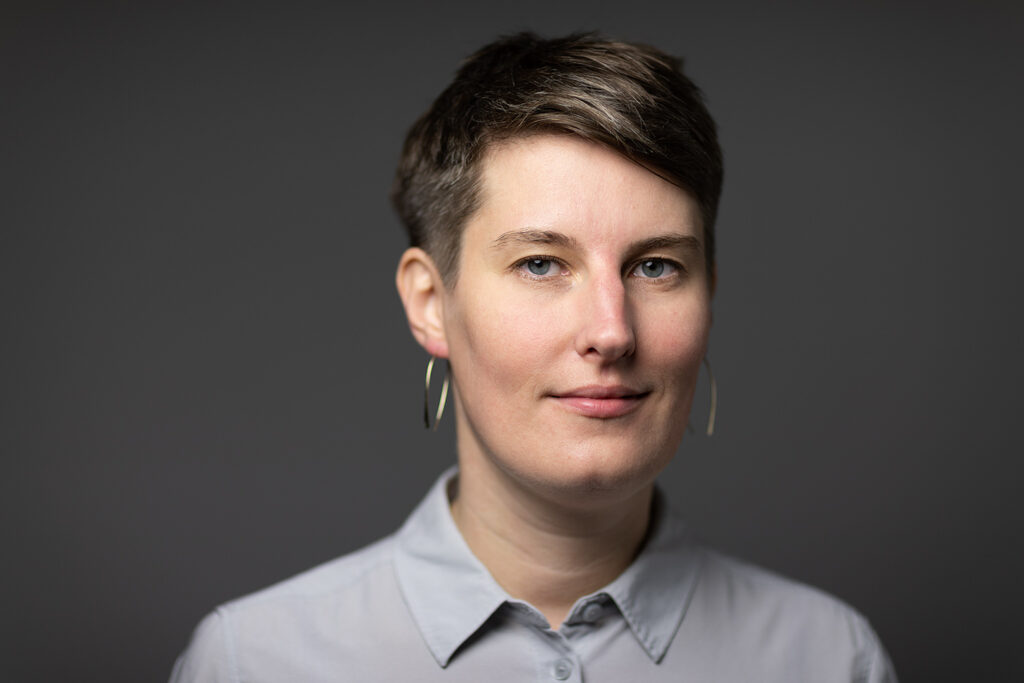Selected Publications
- “To the Bodega or the Café? – Contemporary Fiction’s Microscripts of Gentrification.” City Scripts: Narratives of Postindustrial Urban Futures, edited byBarbara Buchenau, Jens Martin Gurr, and Maria Sulimma, the Ohio State University Press, 2023. 138-155.
- “‘I am not by any stretch a gardener, just curious’: Feminist Gentrifier Memoirs and an Ethics of Urban Gardening.” Ecozon@, Special Issue “Gardening (against) the Anthropocene,” 14.1 (2023): 70-86.
- ‘“To live in a city is to consume its offerings’: Speculative fiction and gentrification in Ling Ma’s Severance.” Journal of Urban Cultural Studies, Special Issue “Representing Urban Change beyond Gentrification,” 10:1 (2023): 95–112.“Recursive Cities: Seriality and Literary Urban Studies.” Companion of Literary Urban Studies, edited by Lieven Ameel. Routledge, 2023. 87-102.
- “The Plane, the City, the Chase: Killing Eve and European Aviation Culture.” Dossier “Contemporary US Television and/in the Banal Anthropocene.” Screen 62.1 (2021): 107-115.
FRIAS Project
Gentrification Imaginaries: Postindustrial Literature, Leisure, and Urban Transformations
The contested catchall-term gentrification describes multifaceted neoliberal processes of displacement, privatization, real estate investment and speculation that cities around the globe are subjected to. Contributing to the fields of Urban Literary Studies, Urban American Studies, and Environmental Humanities, my project examines how contemporary US-American literature uses different leisure activities such as coffee drinking, gardening, or needlework (upcycling/DIY) to depict gentrification. Among the interests of my project are the different stylistic and thematic features that occur in stories of gentrification. I argue that stories about gentrification rarely come in the form of “gentrification narratives” (as a novel about gentrification) but rather occur in marginal passages invested with contested sociopolitical and economical meanings that complicate tellability or narrative events. Stories of gentrification oscillate between individual levels (consumer behaviors of specific gentrifier demographics) and larger systemic dynamics (policy decisions, real-estate speculation, and globalization). They often privilege the perspective of newcomers to a neighborhood in whose interest gentrification appears to serve. To speak of what gentrification means therefore ties directly back to questions of the cultural imaginary.
Sulimma is being supported on this project by her research associate Kübra Aksay, a doctoral candidate in North American Studies at the University of Freiburg.

Kübra Aksay
